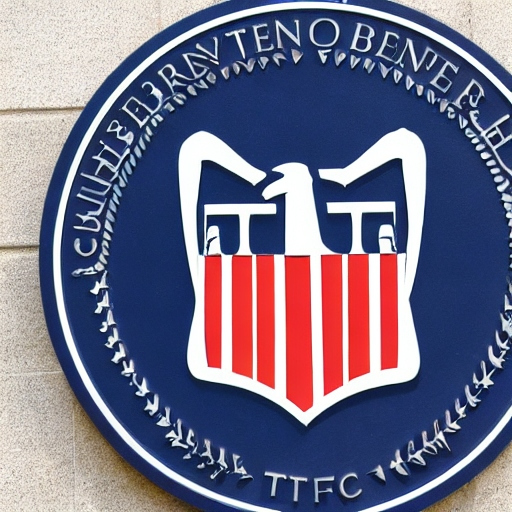OpenAI might require a competent legal team quickly, preferably one without lawyers who use ChatGPT to draught their briefs.
According to documents, the Federal Trade Commission initiated an inquiry into OpenAI to ascertain whether the firm had broken any consumer protection rules by being opaque about data gathering and privacy.
The FTC required OpenAI to describe how and where it had gathered all of the sources of data needed to train its long language models, or LLMs, the AI technology at the core of its chatbot ChatGPT, in the 20-page paper obtained by The Post. Additionally, the government required OpenAI to outline the steps it takes to prevent personal data from leaking into datasets used to train its LLMs.
If found to have broken these rules, OpenAI may be required to pay penalties and abide by stringent data-management guidelines laid out in a consent decree (the FTC has already issued consent decrees to tech companies like Twitter and Facebook).
The startup, which has been the face of generative AI’s meteoric rise in popularity since its introduction of ChatGPT in November, may be facing its greatest legal danger from the FTC.
And with the number of lawsuits against Open AI rising, the business may not only be a forerunner for a new technological frontier but also a sign of impending legal restrictions on the generative-AI industry.
Many ongoing legal challenges against OpenAI centre on the business’s data collecting to train ChatGPT, much like the FTC’s investigation currently underway.
In a lawsuit filed in June, 16 unnamed plaintiffs claimed that OpenAI had collected massive amounts of personal data from the internet in order to create ChatGPT.
Many authors have also filed lawsuits against OpenAI, including comedian Sarah Silverman. They claim the business used their copyrighted works as training material for ChatGPT since the chatbot can accurately summarize their books.
Sam Altman, the CEO and cofounder of OpenAI, reportedly went to considerable efforts to press politicians for weaker laws on the quickly-evolving technology and to educate them about generative AI.
But Altman hasn’t yet responded to any of the recent legal issues that his business has been facing. When asked about the probe, OpenAI did not answer right away.
Altman has already declared his desire to keep OpenAI out of legal difficulties. He stated in front of an audience at a tech conference in Abu Dhabi that he had no plans to make OpenAI public because he was concerned that investors would bring legal claims against the company due to its novel business model.








